Suzume Iwato is an ordinary 17-year-old living on the island of Kyushu in southwestern Japan. She lost her mother over a decade ago, and has been raised by a supportive aunt, but questions linger about exactly what happened when she was young. On her bike to school, she runs into a stranger who tells her he’s looking for a door. Somehow, she knows what he means, suggesting that he check out a nearby abandoned resort. Fascinated by the encounter, she doesn’t go to school and tries to track the man down, stumbling upon the door instead, and, well, making a bad choice. When she opens it, she sees a different, star-lit landscape but can’t cross over to it. When she tries, she just ends up on the other side of the door in her own world. But she’s set something in motion.
Going back to school and trying to forget what happened, Suzume is startled to see a red force shaped like (and referred to as) a worm coming from the horizon. She returns to the door and sees the energy coming through the door she found earlier, but this time the stranger is trying to close it. She helps him get it shut, but something is wrong. It turns out, of course, that Suzume’s meddling earlier has unleashed something. Most people can’t see the force that can come through these doors, but it’s what causes earthquakes in Japan. Before you know it, the man, whose name is Souta, has been transformed into a talking chair, and a mischievous cat is trailing them as they travel the country and try and keep the worms from causing more natural disasters.
There are roughly 1,500 earthquakes annually in Japan, and the action of “Suzume” directly references a major one in Tohoku in 2011 that’s often referred to only by its date: 3.11. Shinkai’s gift is his ability to tie the national fear over another 3.11 into a coming-of-age fantasy with YA-friendly storytelling. He’s been compared to Hayao Miyazaki—and this new film even name-drops one of Ghibli’s best films “Whisper of the Heart” for reasons that will be clear to anyone who knows that flick—because the two filmmakers know how to depict a close connection to the natural and spiritual worlds using emotional storytelling. Shinkai leans even harder into issues like trauma, loss, and anxiety than the legend. He has a habit of leaning a bit hard on his themes in lines like “Emotions anchor the earth and keep it from shaking,” but it’s that accessibility that has made him such a success.
You can view the original article HERE.



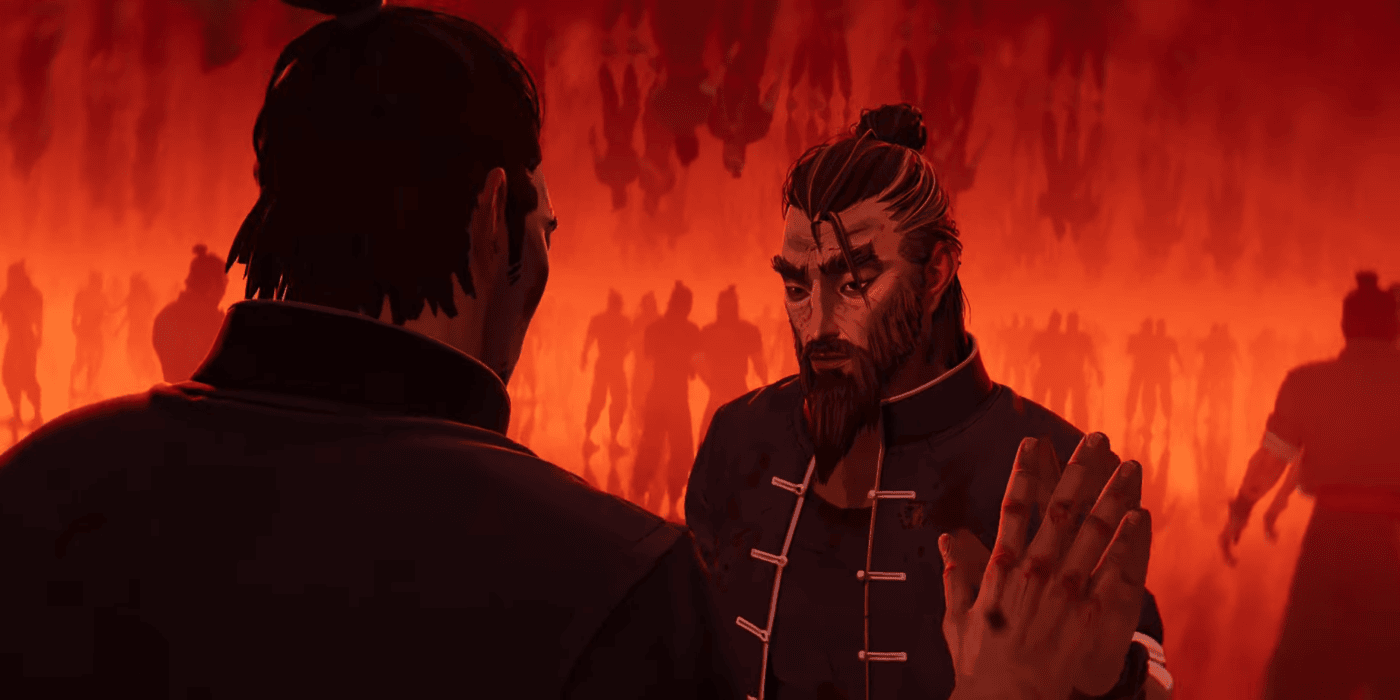



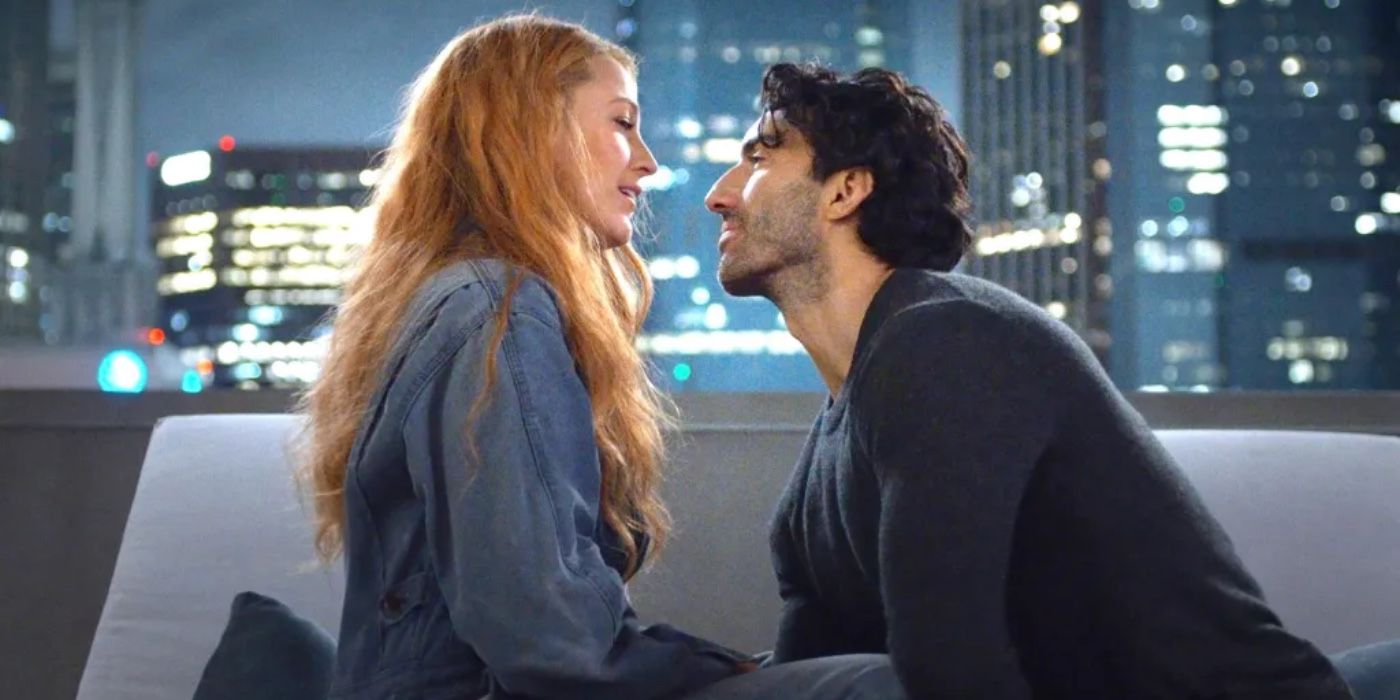
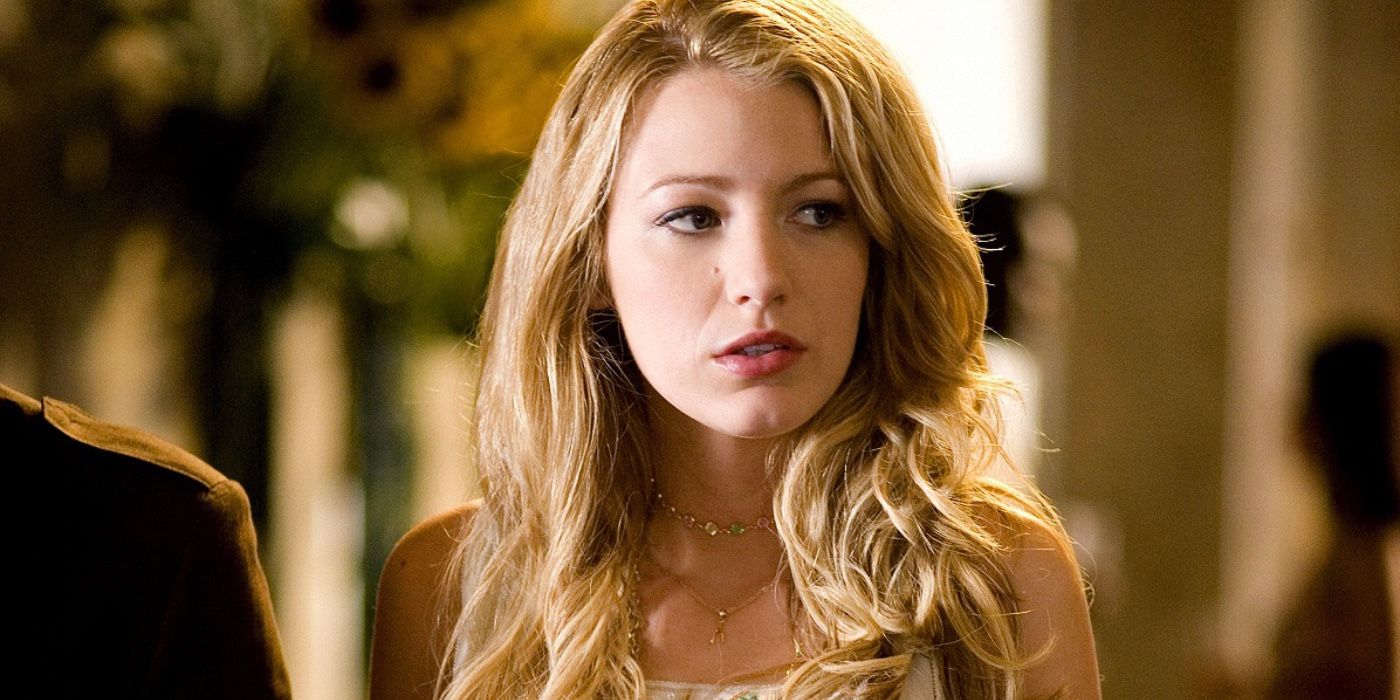


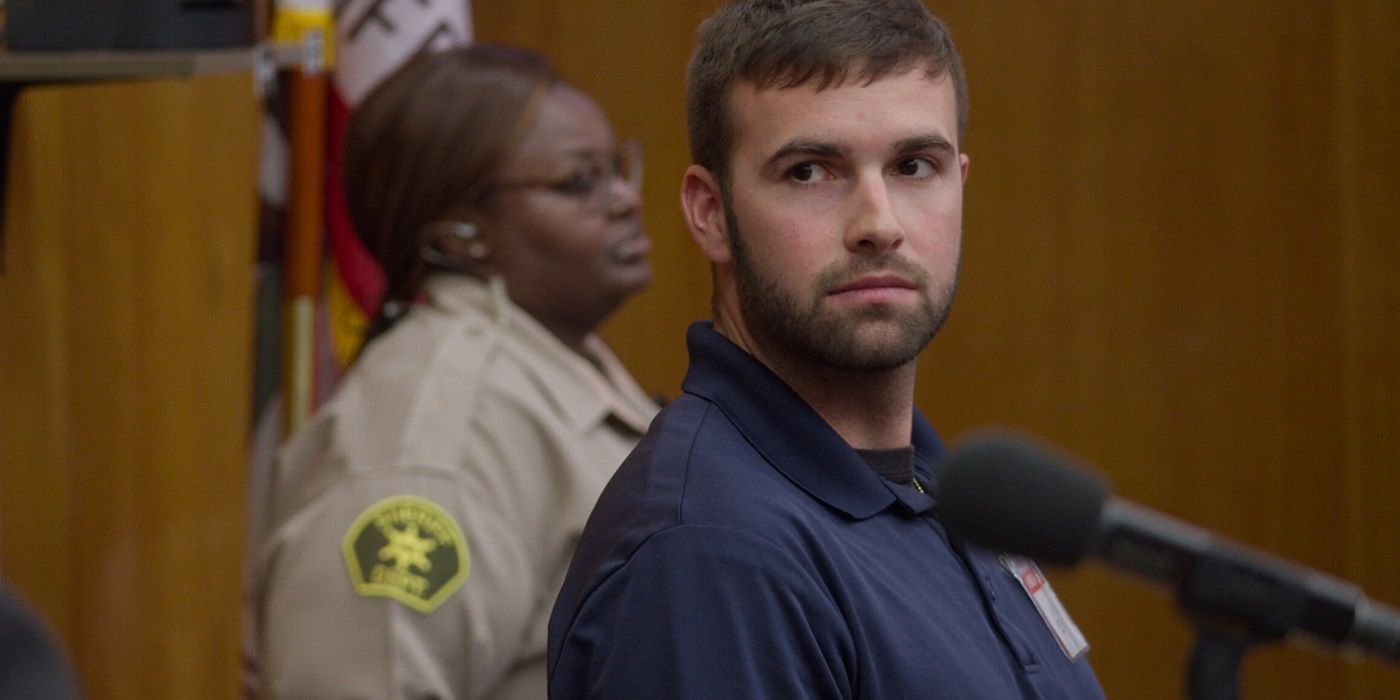


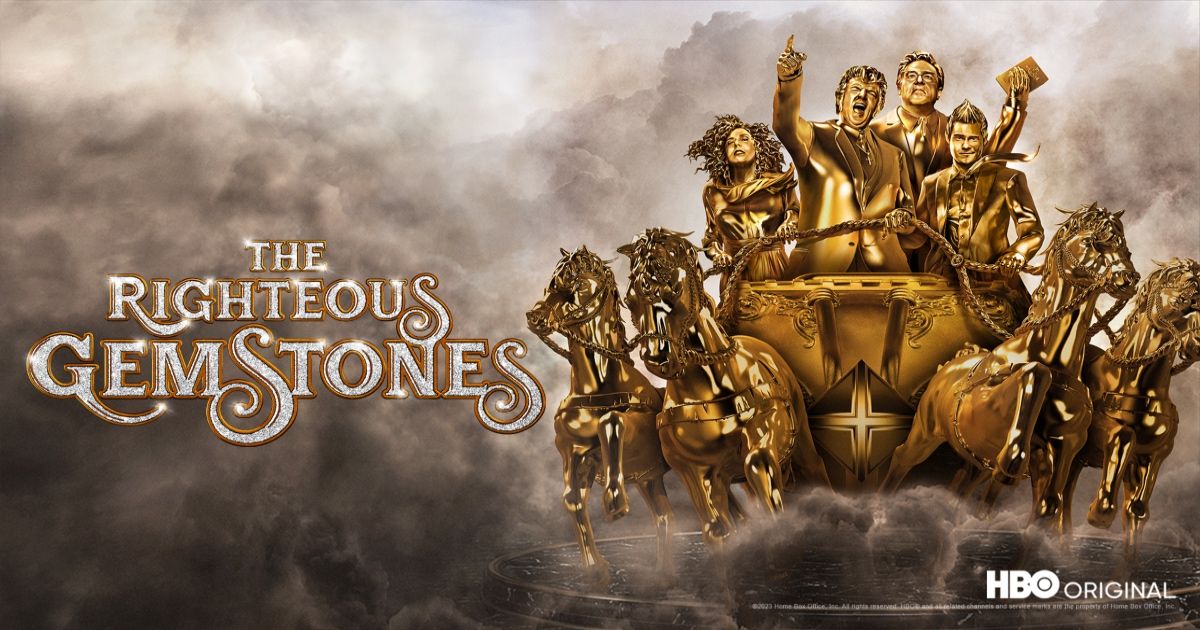
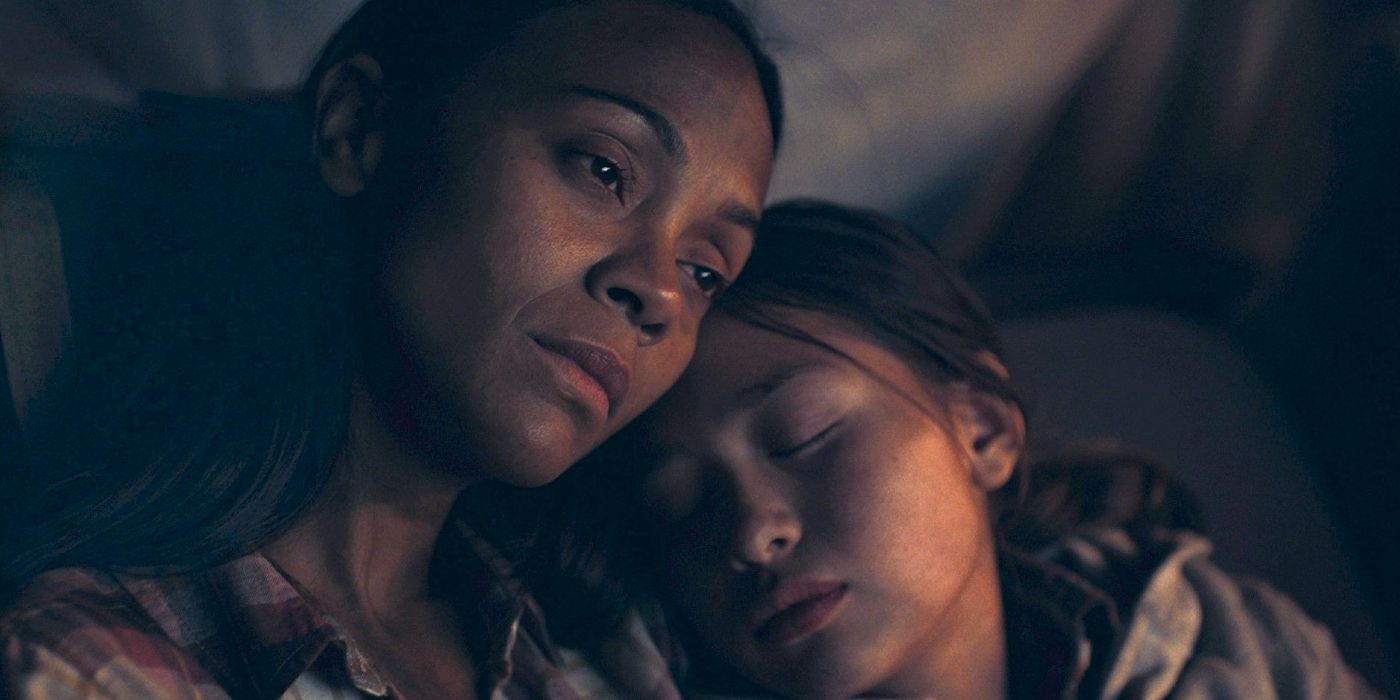






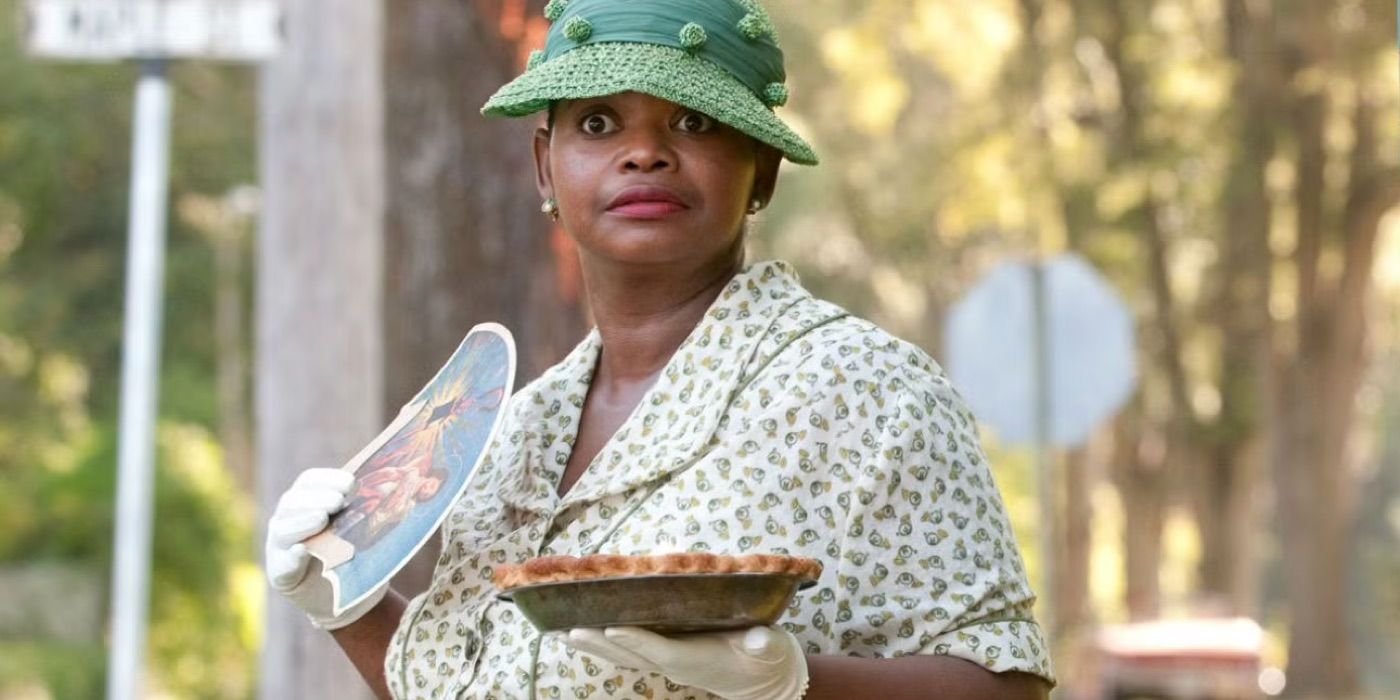







:quality(85):upscale()/2024/10/23/805/n/1922564/3c7878ba67193e463ea470.81388103_.png)